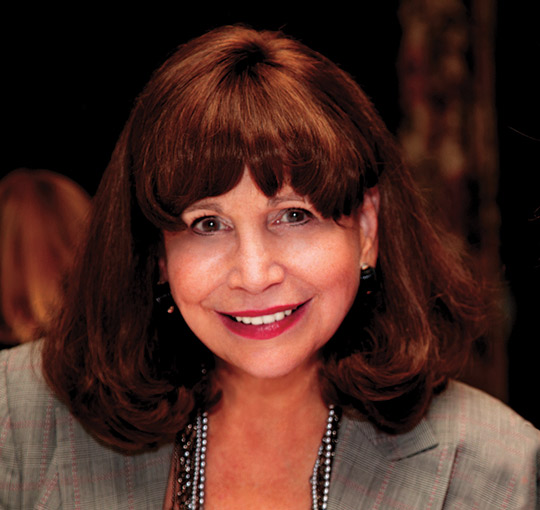President's Letter
President's Letter
In my elevator speech about Teachers College, I remind people that TC has long stood for educating children through a rich array of academic and nonacademic programs that meet their intellectual and developmental needs.
This past September, we stood tall indeed as we celebrated the arrival of the Teachers College Community School (TCCS) at its permanent home in West Harlem.
The ceremony brought together parents, teachers, community board members, TC faculty and staff, and representatives from the New York City Department of Education and Columbia University. Their joy and pride were evident as first graders sang “What a Wonderful World” and TCCS Founding Principal Jeanene Worrell-Breeden spoke of building the school of her dreams.
Virtually from the moment I became TC’s President, one of our board members and staunchest supporters, E. John Rosenwald, has challenged me to conceive and execute big and bold ideas about the future of the College. TCCS, which counts John as a leading benefactor, enables us to demonstrate one of our biggest and boldest ideas: University partnerships with local schools and communities can bring about lasting, cost-effective improvement to urban public education. At TCCS, you will find our faculty and students working with parents, teachers and staff to deliver an outstanding, comprehensive education reflecting our knowledge and experience in teaching, learning and child development.
This issue of TC Today taps that same source and grows out of our belief that being “comprehensive” – in education or any other area of development – means addressing physical health and its connections to intellectual and emotional well-being.
Of course, the mind-body connection has been remarked upon throughout human history, from Scripture (“Do you not know that your body is a temple?”) to the Iron Chef, recycling the epicure Brillat-Savarin (“Tell me what you eat, and I will tell you what you are”). But today, science is revealing precisely how our minds are inextricably linked with our physical selves.
TC health education professor Charles Basch has underscored that link in his remarkable crusade to document how seven major health conditions are hindering the academic achievement of low-income and minority students. Chuck has worked tirelessly to bring this information to audiences ranging from White House officials to community groups. Several states have adopted many of his recommendations for using schools to provide students with coordinated health care.
Even as many districts cut school physical education programs, Stephen Silverman, Carol Ewing Garber and other TC faculty are championing a new approach to youth fitness that emphasizes enjoyment and lifelong athletic skill-building over competition. With childhood obesity and diabetes threatening the nation’s future, their work argues powerfully for a reconsideration of gym, recess and other endangered activities.
Beyond these more traditional areas of health, you’ll read about our new Spirituality and Mind/Body Institute, founded by psychologist Lisa Miller, who has helped establish meditation, mindfulness and prayer as a legitimate focus of psychological inquiry. Supported by Goldman Sachs Gives at the direction of Phil Armstrong, a Goldman Sachs partner, Lisa and her students are using these techniques to help New York City’s homeless children attain and maintain emotional health.
These stories illustrate how our health care system can deliver more for less. They also suggest ways each of us can take control of our own health. For example, in reading about health education professor and Deputy Provost John Allegrante’s research on using positive thinking to help patients manage chronic illness, you’ll meet an elderly woman who recalls how researchers urged her to take advantage, in exercising, of her two-story home.
Following her lead, I’m inclined to adjust my TC elevator speech along similar lines: Instead of using the elevator, let’s all take the stairs.
Susan Fuhrman (ph.d. ’77)
Published Friday, Dec. 7, 2012
